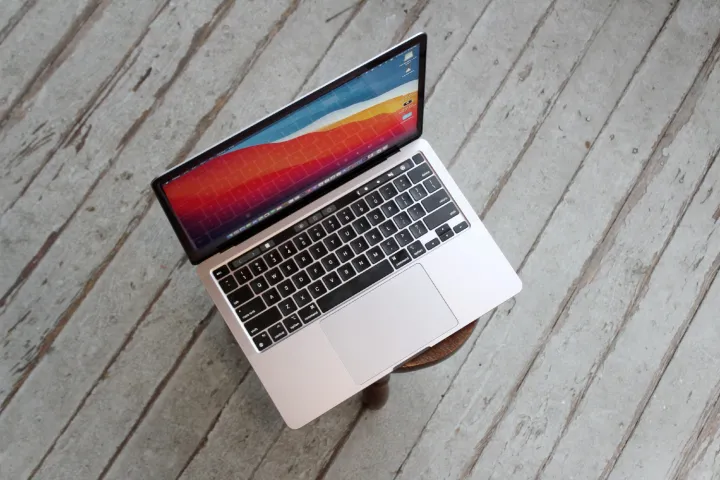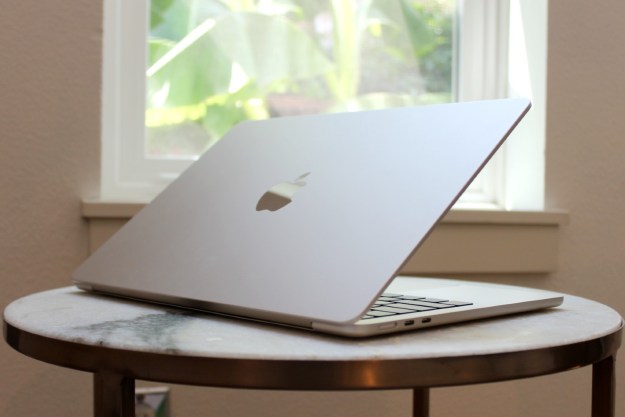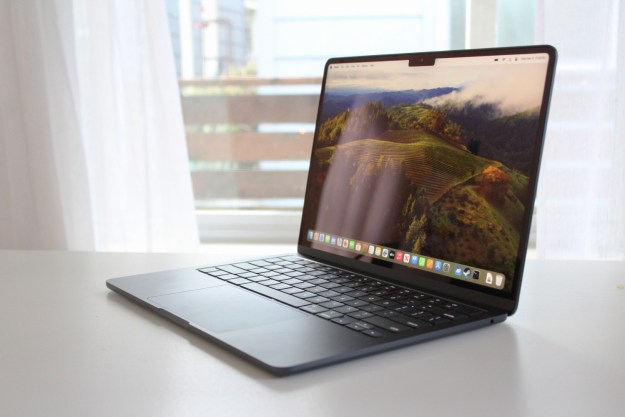The upcoming M2 MacBook Pro might not have as many updates as were originally expected as new reports indicate Apple might announce up to three new MacBooks at its spring event in March.
MacRumors recently relayed through the French publication Consomac that Apple has three regulatory filings for Mac devices under the model numbers A2615, A2686, and A2681 running the latest software, MacOS Monterey. However, that is all the information available for products.

With these new details in tow, MacRumors claims other sources in Apple’s supply chain suggest that at least one of these laptops might be the long-rumored entry-level 13-inch MacBook Pro running the latest M2 Apple silicon processor. Instead of a complete design revamp with a notch and a high-resolution, ProMotion display, the laptop will have a look similar to older MacBook models. And yes, that includes a Touch Bar.
Sources including DigiTimes and Bloomberg reporter Mark Gurman indicate that without any other major updates, the second-generation M2 chip might be the highlight feature of the entry-level MacBook Pro. The component itself includes the same number of CPU cores as the M1 chip, up to 10 graphics cores, and improved performance.
Prior reports expected Apple would introduce a completely new M2 MacBook Pro in the spring to showcase its new silicon, coupled with some fancy specs, before introducing a cheaper, entry-level M2 MacBook Pro in the fall.
There is word the brand will release a new MacBook Air, Mac Mini, and iMac running the M1 Pro or M1 Max chips between the two launches to use up its stores of the old processors.
Gurman claims that Apple’s virtual event might take place on March 8, with other prospective devices to be unveiled including a low-cost iPhone SE 5G and, a new iPad.
Digitimes also claims that Apple’s supply chain partners maintained their production schedules throughout the Lunar New Year in early February in preparation for the upcoming spring launch event.
Editors' Recommendations
- MacBook Pro OLED: Here’s everything we know so far
- A new wave of powerful laptops rises to challenge the MacBook Pro
- 5 laptops you should buy instead of the M2 MacBook Air
- The case for buying the M2 MacBook Air over the M3 model
- Why you should buy a MacBook Pro instead of a MacBook Air



